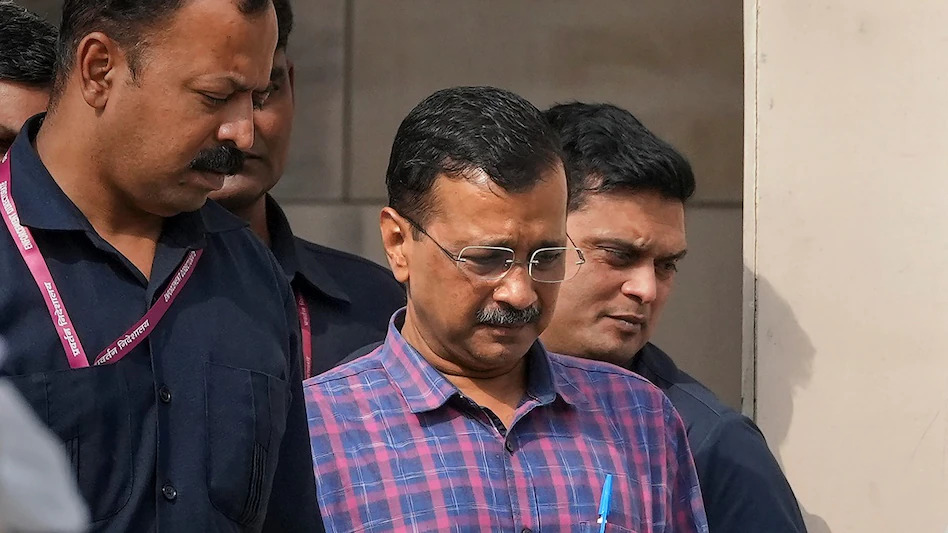Although the strict bail requirements of the Act have garnered a lot of attention up to this point, the court has now attempted to look into Section 19 of the Act, which gives the ED the authority to make an arrest, and how the agency employs that authority.
Kejriwal argued that the ED had selectively exploited evidence to accuse him in the Delhi excise policy case and that there was “no necessity to arrest him”.Although the court noted that Kejriwal had been detained for more than three months and that the case concerned a citizen’s life and liberty, it granted him temporary bail despite referring the questions regarding the ED’s arrest authority to a higher bench.

Source: Business Today
The court emphasised that an ED officer cannot make an arrest based solely on his or her whims or fancies; instead, an arrest must be undertaken in accordance with the legal guidelines if there is probable cause to suspect the accused has broken the Act. This is significant because a person should be shielded from the arbitrary and subjective use of authority by legal safeguards.
For this reason, the court determined that it was its responsibility to conduct the judicial review and that the authority to make an arrest is subject to it. The court further declared that granting the ED “undue indulgence” would be detrimental to the rule of law as well as individual liberties and lives. Strong safeguards against misuse are essential for statutes like the PMLA, which set highly restrictive bail requirements.
Source: India Today
Given the significance of these problems in relation to Kejriwal’s arrest, the court granted him temporary bail pending the resolution of the matter and sent it to a larger bench for “in-depth consideration”. The court found enough evidence to challenge the ED’s action, even though it did not rule Kejriwal’s arrest to be unlawful. It should be mentioned that the judge questioned whether the arrest was required at this point in the inquiry.
The ED’s legal authority to make an arrest should be limited as a result of the bench’s questioning and the bail granted, even though the problems at hand have not yet been resolved. Kejriwal will stay behind bars because the CBI also detained him in the same case, but the verdict has given him and his party momentum and hope for many other people who have been detained under the law.
What do you think about this? Comment below.

